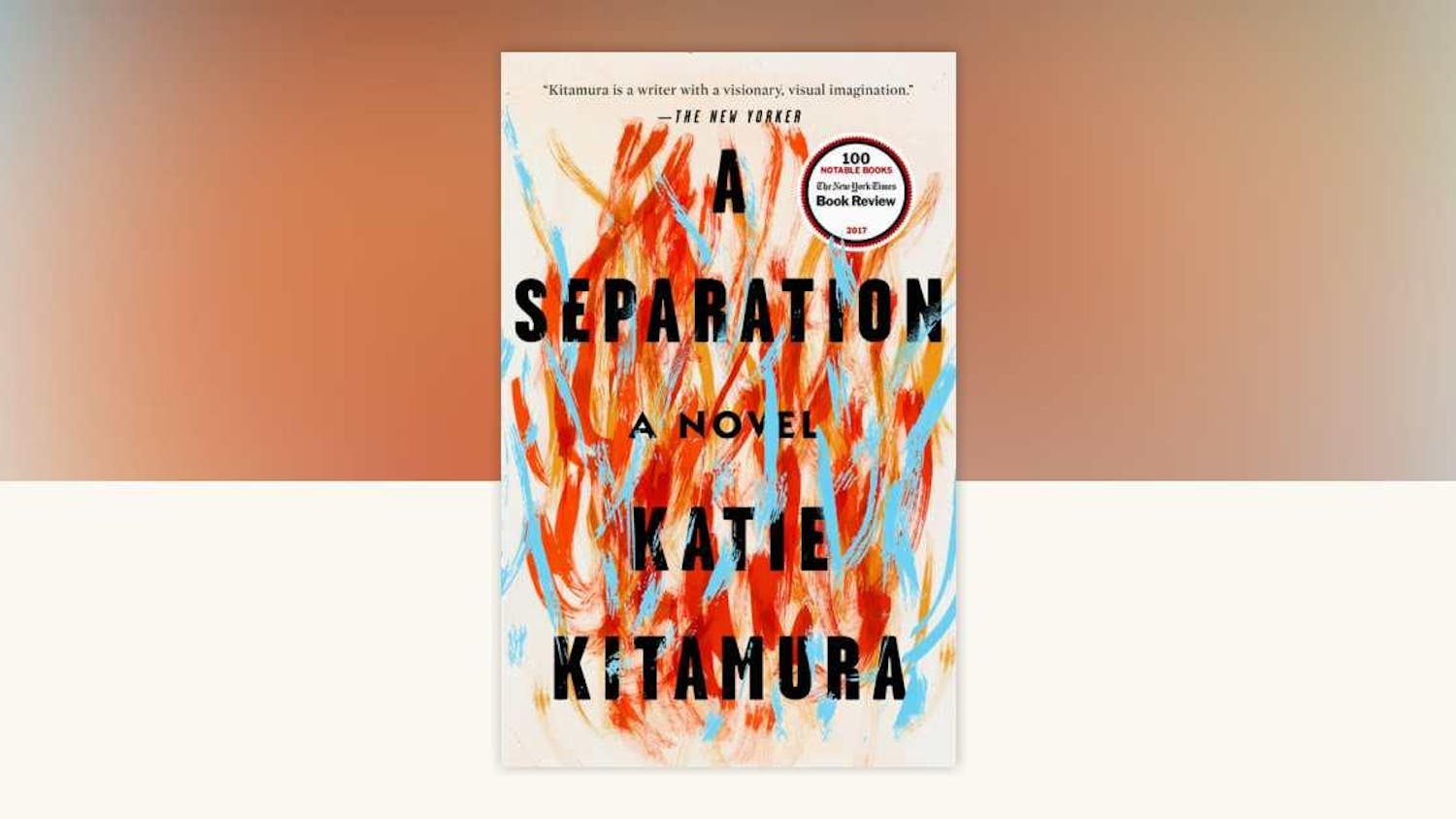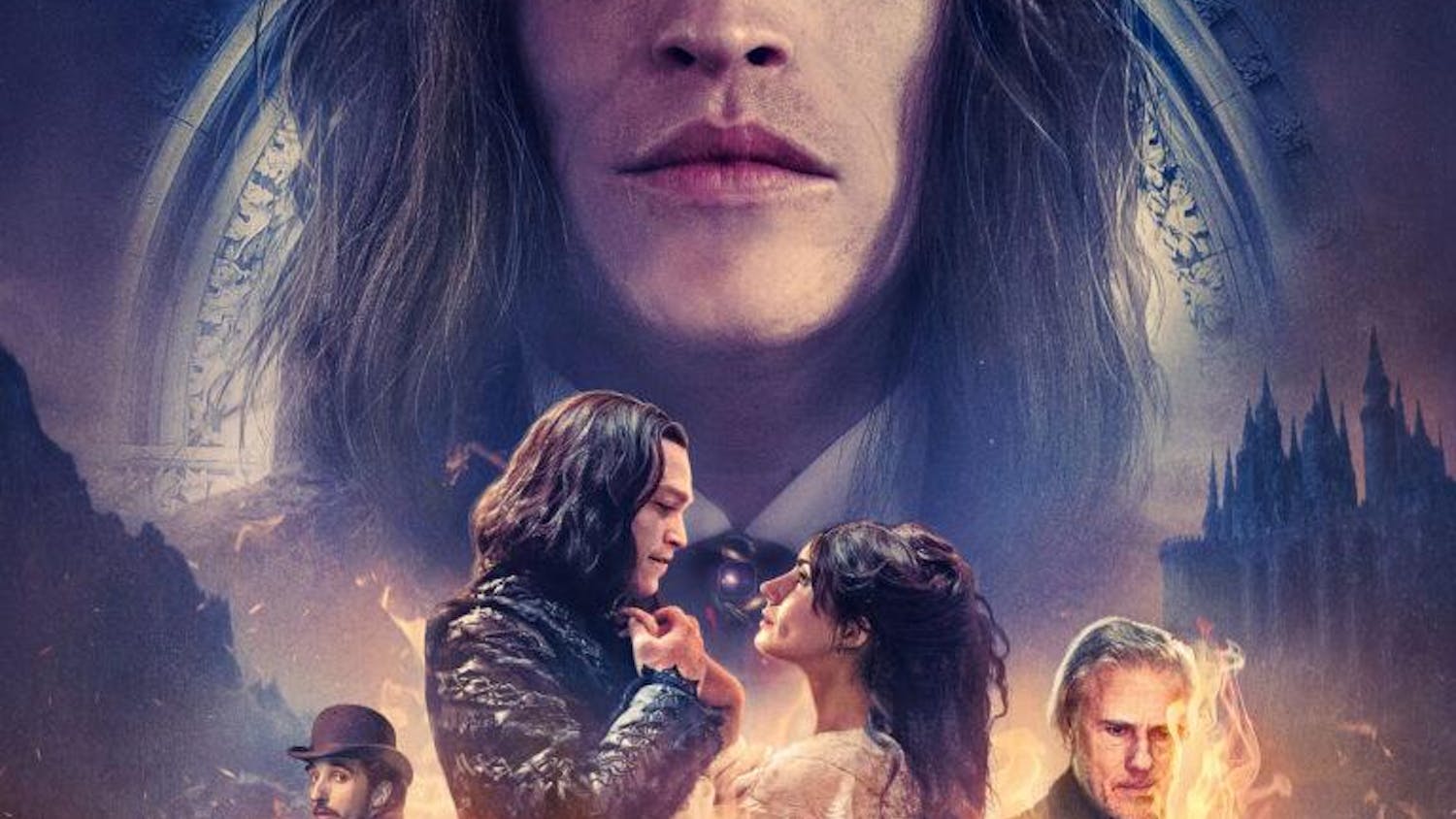You may be asking yourself, what is Pirates of the Caribbean, a film series based off a theme park ride, doing with a fifth installment? I can tell you in one word. Money!
But, what about quality? Is Pirates of the Caribbean: Dead Men Tell No Tales, and the rest of the Pirates franchise for that matter, a success or failure? Or, did it all go downhill after the first film?
Only two of my predictions were accurate: (two and a half really, but you can figure out what I mean when you see it) music and jokes. The music, although not spectacular, is a different and fresh score with old themes mixed in—a change from the last installment’s stale soundtrack. There is even a throwback to the score from At World’s End, which gave me goosebumps since I’m a total fangirl for that soundtrack. Also, there are time period-related jokes related, such as in a scene with a guillotine. Henry (Brenton Thwaites), Will Turner’s son, and the girl with the map, Carina (Kaya Scodelario), are outcasts in their own society, but they are straight enough characters to play off of the insanity and stupidity of the pirates.
Let’s accept that Curse of the Black Pearl (the first in the series) was a really good film. Not perfect, but really entertaining. It did what no other film could: take a theme park ride and turn it into an enjoyable, successful film. It set the trend of practical ship effects and introduced the plot that would pretty much dominate every other film. The effects and CGI have improved throughout the series, as the puppet-like pirates in the moonlight change to the realistic fishy crew of Davy Jones. But, how good is the fifth film in comparison to the others?
Dead Men Tell No Tales is about the search for the trident of Poseidon while Captain Salazar (Javier Bardem) hunts down Jack Sparrow (Johnny Depp). Why this, or Galileo’s diary, is in the Caribbean Sea is beyond me. I guess after the appearance of the Norse myth of the Kraken, anything’s possible.
The effects are quite spectacular, but some of the CGI bothered me. I didn’t find Salazar’s hair convincing. And, can we please go back to the days of having someone else play a younger version of a character? CGI young Jack Sparrow looks unnatural, and hearing older Johnny Depp’s voice come out of that kid is uncanny. So, the effects from Pirates 2-4 are actually better, since these effects distance the audience from the film by displaying it as a fictional representation.
The antagonist, Salazar, is a very entertaining, heartless villain with a need for revenge. We haven’t seen this since the first film. As a result, he is the third best antagonist in the series. They do bring back my favorite villain, Davy Jones (but only from movie two). With the Kraken at his side, (my favorite part of Dead Man’s Chest) he is the most menacing character of the franchise. Unfortunately, his appearance in the after credits scene of Dead Men Tell No Tales does downgrade Salazar a bit, as it is the creepiest part of the film. It makes the audience realize who’s the better character out of the two.
Speaking of antagonists, Barbossa is one of the few characters to appear in every film of the franchise. I had an epiphany as to why: the series is about Barbossa, not Jack. Think about it. Jack’s a fun character, but there aren’t any character dynamics to him. He is just the middle man that walks away unscathed. Barbossa is the most well-developed character, as he transitions from villain to hero, and he has the best lines in the series. I started to notice it while watching On Stranger Tides, as that film revolves around Barbossa’s revenge plot, not Jack. So, I found it incongruous that so much time is spent on Jack, one of the less developed characters of the series.
Many scenes in this film were way too long. Clichés seemed to be a big part of the screenwriter's toolbox. Continuity errors and plot holes were abundant, including a major plot hole—if you’ve seen Dead Man’s Chest—involving the compass. Also, the connection of the compass to the Devil’s Triangle is never explained. And, why was it to that one object and not something else?
Also, there are many unnecessary plots and subplots. They overly complicate things, which is an issue that is not a stranger to Pirates of the Caribbean. And, there are definitely missed opportunities for character development, like the relationship between Jack and Will’s son. They rarely interact, despite Jack now officially sailing with three generations of Turners. Surely there must be some dynamic to develop.
And, surprise, they have the romantic interest between Henry and Carina. Why? It was unneeded and superficial anyway. It felt tacked on to fulfill the “romantic requirement.” Finally, I’m just going to say for a second how ridiculously stupid the resolution is. In a Price of Egypt rip-off scene, when Salazar has the trident (I still think shouldn’t have happened), the way they resolve their issue makes no sense. You’ll see what I mean when you watch it.
Despite these issues, this film is an improvement from On Stranger Tides. Everyone has a purpose in the story, and there is some sense of urgency. I want to say it’s better than At World’s End because Salazar is a more thrilling villain than Beckett, but I have such a soft spot for that soundtrack. So, I’m going to say it’s a tie for third place. And, I’m going to give it three out of five adventurous hats because, despite the thrill, there are a bunch of issues that are hard to overlook.
But, is it a success? The film is by no means a masterpiece, but it’s not supposed to be. It’s supposed to be a fun ride for the audience, and it definitely delivers. And, for a film, and series, based off of a theme park ride, giving the sensation of a ride is exactly the success for which the filmmakers may be intending.
Trip Hastings is a rising junior in the College of Arts and Sciences. He can be reached at gh357@cornell.edu

Pirates of the Caribbean 5: Success or Failure?
Reading time: about 6 minutes
Read More










